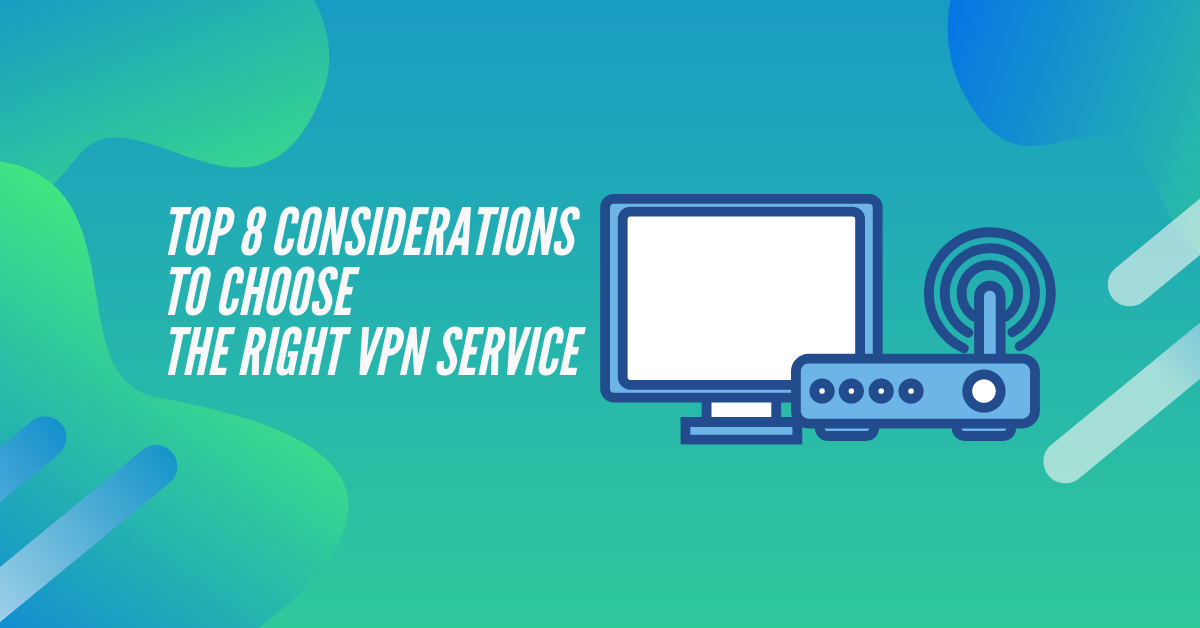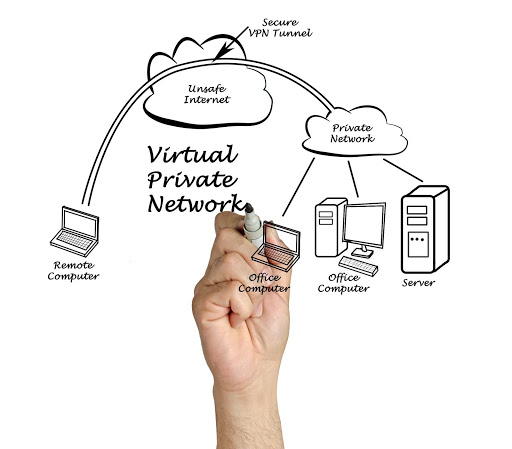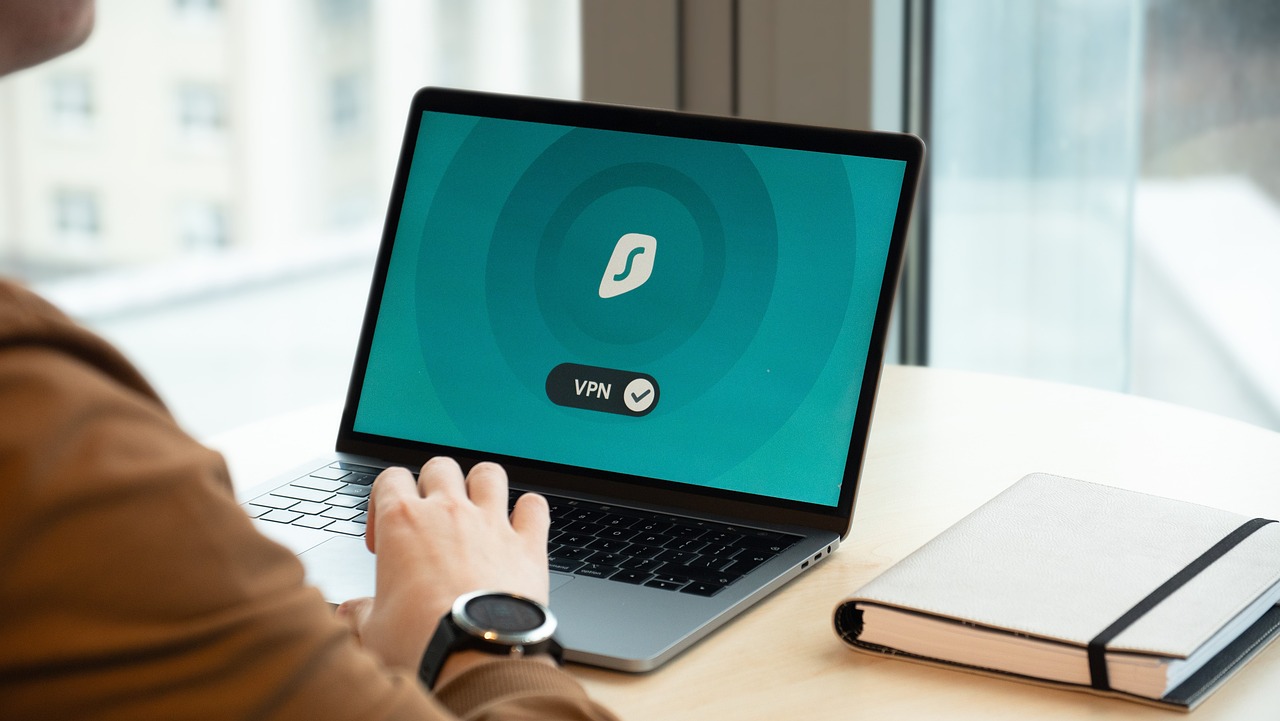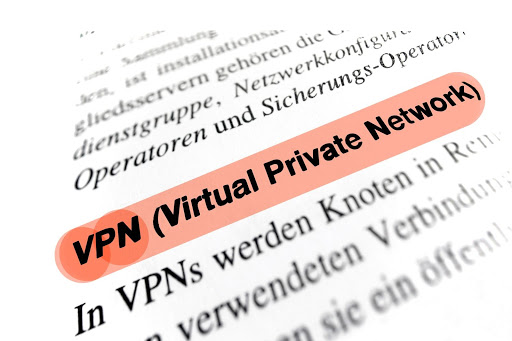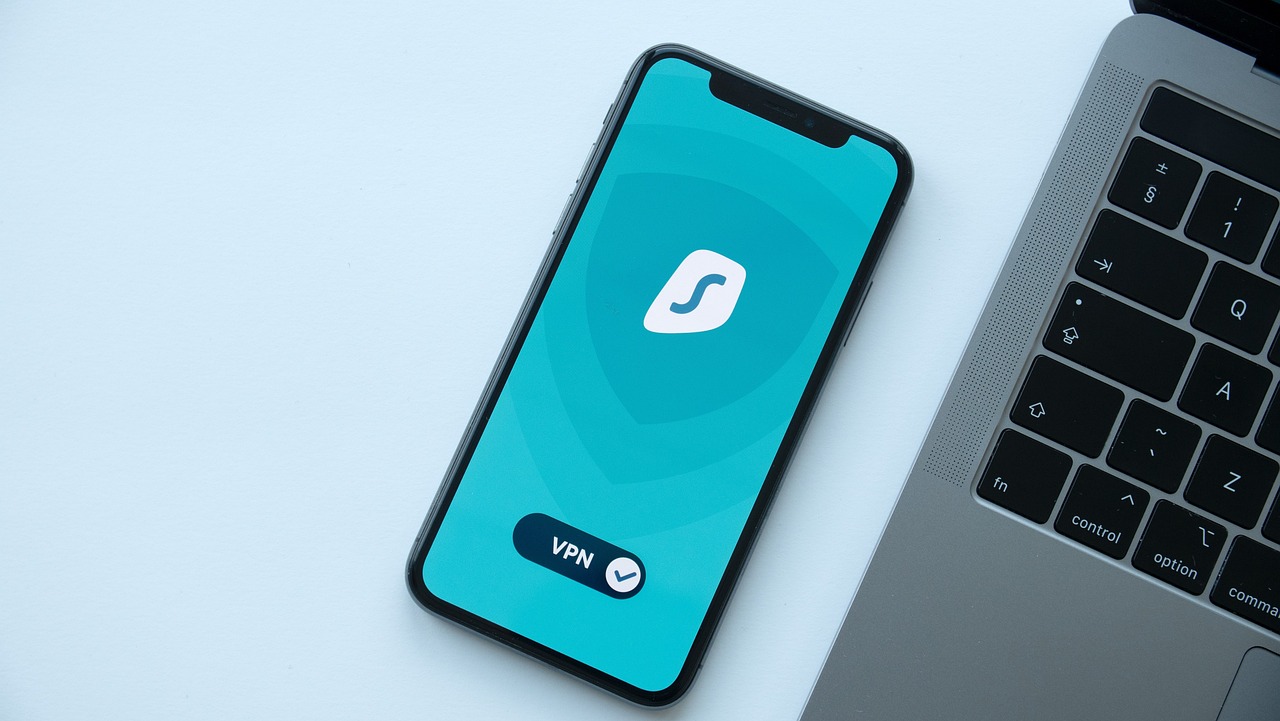This post will show you the top 8 considerations for choosing the right VPN service.
With the surge in remote working in 2020, the interest in VPN services has never been higher.
Most VPN service providers noted the massive spike in interest in using VPN services in 2020. Surfshark VPN (a reputed service provider) empirically attributes this almost exclusively to the rise of remote working. The global VPN market is expected to reach nearly USD 88 billion by 2027.
Using a VPN offers an enormous amount of peace of mind in a day and age where nearly every private and public organization is trying to snoop into your internet usage to either sell you products/ services or, in countries with low internet freedom – to know precisely what you or your family members may be up to. VPN usage guarantees encryption of data, security with anonymous browsing, and the ability to hide your traffic footprint with different IP addresses.
However, despite the high-value service, almost two-thirds of VPN users are also highly concerned about using their data by VPN service providers.
As lucrative as free VPN services sound, most of these services use your data to sell to third parties or use that information for targeted advertising. Unless you are happy to get your data privacy breached (which makes using a VPN service somewhat redundant in the first place), consider paying for a VPN service provider worth their salt.
To protect your digital privacy, you must research service providers well and choose one that fits your needs the best. I can help you find some of the best VPN service providers here.
READ ALSO: Best VPN For 2023: Top Picks Reviewed by Our VPN Experts
Table of Contents
What to Consider When Choosing a VPN? 8 Tips for choosing your VPN Service Provider
1. Know your VPN needs
Most VPN services offer mind-boggling features and services but differ in certain key areas. It’s up to the user to know their needs and choose one service over another based on its reported strengths.
For instance, if you are looking for a VPN for your entire family, you should look for a service that provides simultaneous connections. But if you are using it mainly for streaming on personal devices, consider going for a service that offers high speed, highly reliable connections, and, most importantly, unlimited bandwidth.
Narrow down your choice of VPNs with a bunch of ‘must have’ features and others that you can compromise with and opt for a service that offers the most value for your Internet usage. Your local Managed IT Services Provider can also guide you in selecting the right VPN.
2. Location & number of servers
Most VPN users tend to get one to connect to a specific region or country. If so, ensure your VPN service provider covers those areas and has many servers and IPs.
Opting for a geographically diverse VPN can keep you covered wherever you want to connect.
3. Supported protocols
If you have a preferred VPN protocol, ensure your provider supports it. If you don’t have a preference, OpenVPN is an excellent all-around option as it’s secure and is considered one of the best VPN protocols.
If you are a user with specific encryption needs, ensure the VPN uses the proper cipher and hash authentication. If you need round-the-clock VPN protection, make sure your service provider offers a ‘kill switch’ for the Internet so your traffic is not exposed if/ when there is a drop in the VPN service.
4. Speed
Latency can kill your enjoyment of the Internet, so make sure your VPN service provider has a reputation for providing reliable, high speeds. This also depends on your usage, which will determine if you need high download or upload speeds and low ping times.
If you use Skype, VoIP services, or play online games a lot, for instance, you will need the lowest ping time possible for a smooth experience. On the other hand, if you stream a lot, you will need a high download speed, or if you are accessing the net for cloud storage or P2P networking regularly, you will need high upload speeds.
In general, looking for a balance between high download and upload speeds is a good idea.
READ ALSO: 4 Best Mobile Browser for Android, iOS and Windows
5. Does your VPN throttle connections, limit bandwidth, or restrict services?
Many VPN service providers tend to throttle simultaneous connections. Ensure you know how many connections you need and opt for a service with optimal numbers or unlimited concurrent connections. The same applies to bandwidth or reduced connection speeds at set day hours.
Many VPNs tend to ban P2P networking clients and BitTorrent services, even when used for legitimate reasons. Check the fine print before you sign up for a service.
6. Check device compatibility
Most VPNs are available on popular platforms like Windows, Mac, Android, Linux, and iOS. But not all.
If you use multiple devices across platforms, ensure your VPN service supports all. On that note, it’s also a good idea to check how many devices you can connect simultaneously, as some VPNs throttle this number to 3-4.
7. Are they logging your VPN use?
Remember that using a VPN means routing all your Internet traffic through the service provider’s servers. This means the service provider has complete visibility into all your online activities. This is why VPN privacy policies are critical in ensuring your data privacy.
Data logging varies in degrees, and many VPN providers tend to keep track of some anonymous information, such as IP addresses visited, etc., despite promising not to keep any data on their website. However, they are legally bound to explicitly state the nature of data stored by them (if any) in the privacy policy document.
Please do yourself a favor and read it carefully before signing up for a service. It’s also a good rule of thumb to only sign up for services that do not require too much personal information beyond an email address.
8. Rate & payment methods
Finally, the cost of a VPN can vary. Many offer a cheaper contract if you sign up for long-term services. But make sure that the service is worth the price before signing up for a long-term contract.
Refund policies can be convenient when trying out VPN services, and ensure the provider has one in place before you sign up.
READ ALSO: Does VPN Give Free Data Or Internet Access? [Expert Answer]
Considerations To Choose The Right VPN Service: FAQs
What are my primary needs for using a VPN?
Before choosing a VPN, determine your specific requirements:
- Security and Privacy: Do you prioritize protecting your online activities from prying eyes and securing your data on public Wi-Fi?
- Accessing geo-restricted content: Do you want to unblock streaming services, news websites, or other content restricted in your location?
- Bypassing censorship: Do you need to access websites or services censored in your country?
- Cost considerations: How much will you spend on a VPN service?
What features are important to me?
Consider the features offered by different VPN providers:
- Security: Look for solid encryption standards like AES-256-bit, a strict no-logs policy, and a kill switch feature that will disconnect your internet traffic if the VPN connection drops.
- Server locations: Choose a VPN with a wide range of server locations worldwide, especially if you need to bypass geo-restrictions or censorship.
- Speed and performance: Ensure the VPN offers fast speeds and unlimited bandwidth to support streaming, gaming, and other high-bandwidth activities.
- Number of devices supported: Check how many simultaneous connections the VPN allows, especially if you have multiple devices.
- Customer support: Look for a provider with helpful and readily available customer support in case of any issues.
How reputable is the VPN provider?
Remember, you’re entrusting your online activities to your VPN provider. Do your research:
- Read online reviews: Check reviews from trusted sources and user forums to gain insights into the provider’s reputation and performance.
- Verify the privacy policy: Ensure they have a clear, transparent privacy policy that explains what data they collect and how they use it.
- Jurisdiction: Look into the provider’s jurisdiction to see what data retention laws they’re subject to.
READ ALSO: How to Use a VPN to Protect Your Online Privacy
What are some additional factors to consider?
Here are some more aspects to help you make an informed decision:
- Ease of use: A user-friendly interface with simple setup and configuration is vital for a seamless experience.
- Platform support: Ensure the VPN is compatible with your operating systems and devices (Windows, macOS, iOS, Android, etc.).
- Free vs. paid VPNs: While they may be tempting, they often limit speed, bandwidth, features, or privacy protection. Paid VPNs typically offer better security, performance, and support.
- Trial periods or money-back guarantees: Some providers offer trial periods or guarantees, allowing you to test the service before fully committing.
Bottom Line
Choosing the right VPN involves balancing the specific features you need, the provider’s reputation, and your budget.
Carefully research, compare, and consider the above factors to find the best fit for your requirements.
SUGGESTED READS
- Why Circuit Boards Matter in Business Security
- Should I Use A Free VPN Or a Premium VPN In 2021?
- Confidential: How to Access Windows Computer from a Mac PC
- Top 3 Dangerous VPN Providers to Avoid in 2020
- Browser Hijacking: Signs And The Easiest Way To Remove It
- Complete 5 Checklist for Choosing a VPN Service Provider
- The Ultimate VPN Guide – What Is A VPN?
- 7 Business Credit Card Tips For Small Businesses
About the Author:
Christian Schmitz is a professional journalist and editor at SecureBlitz.com. He has a keen eye for the ever-changing cybersecurity industry and is passionate about spreading awareness of the industry's latest trends. Before joining SecureBlitz, Christian worked as a journalist for a local community newspaper in Nuremberg. Through his years of experience, Christian has developed a sharp eye for detail, an acute understanding of the cybersecurity industry, and an unwavering commitment to delivering accurate and up-to-date information.


